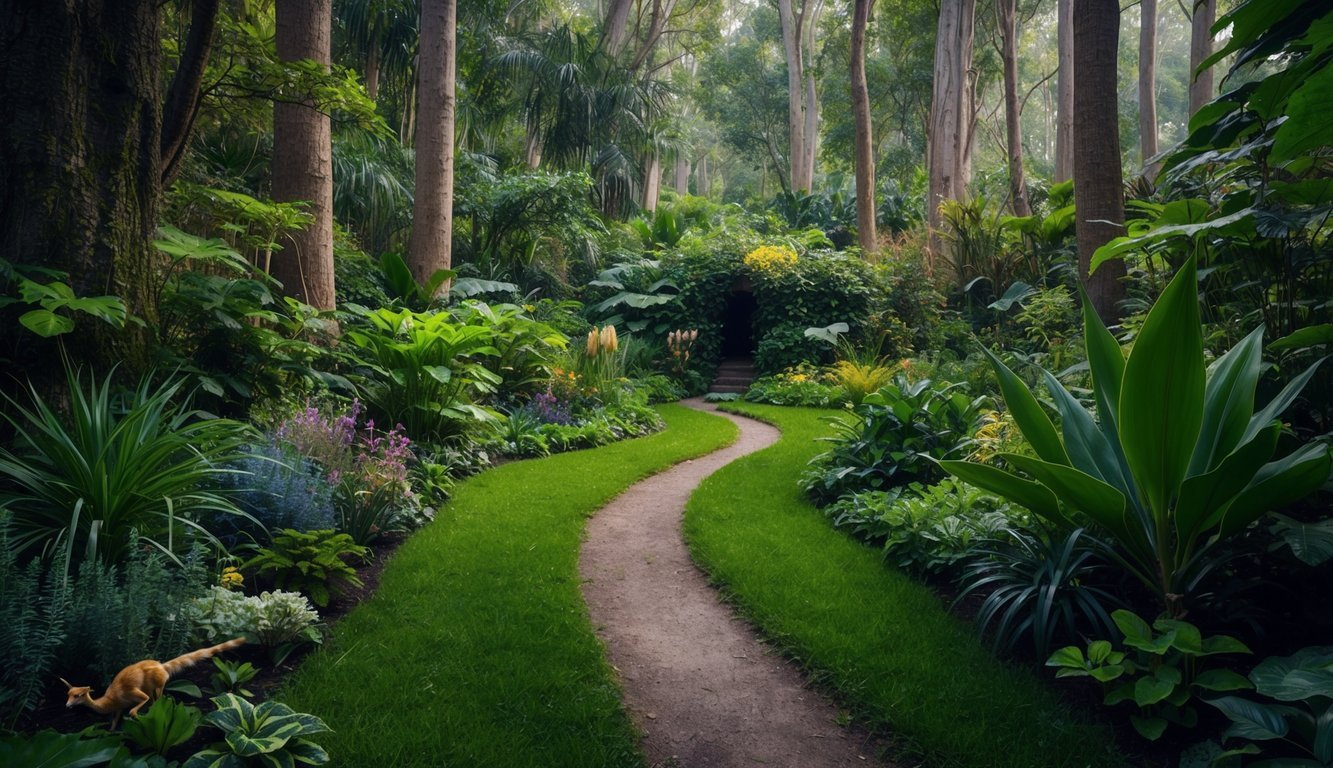PsychNewsDaily Publishers
100 Summit Drive
Burlington, MA, 01803
Telephone: (320) 349-2484
PsychNewsDaily Publishers
100 Summit Drive
Burlington, MA, 01803
Telephone: (320) 349-2484
Psychological richness enhances well-being by fostering cognitive engagement and emotional variety, prioritizing stimulating experiences over mere happiness or meaning for a fulfilling life.


Imagine it’s Monday morning, and the outside world is dark and chilly. The alarming sound of your clock pulls you from sleep, signaling the beginning of yet another busy week. You have school runs to manage, a job to hurry to, and a never-ending list of tasks hanging over you like a looming storm cloud—daunting to dismiss and challenging to tackle.
On particularly dreary days, simply making it through the day can feel like a triumph. However, as routines repeat themselves, slipping back into monotony becomes all too easy. While escaping the daily grind may seem far-fetched, a shift in perspective can transform the mundane into something remarkable. Recent psychological research reveals that adjusting your mindset can infuse your everyday activities with intrigue, cultivating a sense of psychological richness in your life. This concept refers to a profound form of cognitive engagement—it is distinct from feelings of happiness and existential meaning, yet it is equally essential for a fulfilling life.
In collaboration with Shigehiro Oishi and his research team, I have explored the often-overlooked dimensions of positive psychology. In my dual roles as a philosophical voice in our research, I have defined psychological richness, examined how it differs from happiness and meaning, and investigated its significance.
Our research has shown that people value experiences that offer intellectual stimulation, present challenges, and evoke a range of emotions. Many prefer a life filled with these psychologically rich experiences rather than one focused solely on happiness or meaning.
This discovery highlights the importance of psychological richness in the pursuit of a good life and raises further questions about its intrinsic value. These nuanced inquiries go beyond mere measurements and delve into philosophical exploration.
Through my philosophical exploration, I have concluded that psychological richness augments well-being primarily by making life more engaging. My book, The Art of the Interesting: What We Overlook in the Quest for a Good Life and How to Cultivate It, serves as a guide for embracing psychological richness, transforming life into a more captivating experience.
One effective way to bring about this transformation is by adopting a mindset defined by curiosity, creativity, and what I call Mindfulness 2.0. Incorporating these three perspectives into your daily routine can turn routine challenges into a series of intriguing experiences, allowing you to elevate your quality of life.
Mindfulness 2.0 embodies a type of awareness that observes the external environment without judgment. Similar to traditional mindfulness practices, it draws your attention to aspects of your surroundings that usually go unnoticed, such as the texture of a plant’s leaves or the expressions of people around you. Engaging in this heightened awareness fosters a deeper connection with your daily environment and sets you on a path toward richer experiences.
A practical opportunity to practice Mindfulness 2.0 exists during your morning commute. Since this journey is often habitual, it can easily fall into autopilot, with distractions like news and podcasts taking center stage. Instead of disengaging, try immersing yourself in the surroundings—observe the clusters of people at bus stops or the patterns created by traffic lights. This approach engages your mind actively, revealing the intriguing elements of your routine.
Curiosity is a trait intrinsic to everyone, not just children. There remains a vast array of things to discover, especially as you train yourself to become aware through Mindfulness 2.0. For instance, if you notice a group of people at a bus stop, let your curiosity guide you. Did that bus stop always exist there? How long has that unique real estate ad been visible? Witnessing the long line in the cold might prompt thoughts about connecting with your fellow commuters, even amidst their silence. Why do they remain quiet?
By asking questions, you encourage your mind to explore new thoughts, leading to fascinating experiences while navigating your routine. The beauty of this lies in the fact that you create these intriguing moments, affirming your power to enhance personal experiences.
Creativity is often misunderstood as a trait reserved for artists, yet it is an inherent ability in everyone. At its core, creativity involves forging new connections and embracing fresh ideas. Whether you craft an enticing dish, experiment with your clothing style, or reshape an old recipe, you express creativity in various ways.
Engaging in creative pursuits, no matter their size, introduces novelty into your life. This experimentation leads to cognitive and emotional engagement that nurtures psychological richness. Even simple changes can result in impactful differences in your daily routine. Try wearing an outfit you wouldn’t typically choose, use a unique pen for your notes, or refresh your screensaver. Each minor alteration accumulates, gradually enriching your day.
Ultimately, what constitutes an interesting experience varies among people. It is essential to recognize that your engagement, responses, and perceptions uniquely shape your encounters. By cultivating Mindfulness 2.0 and infusing your daily life with curiosity and creativity, you can train your mind to discover interesting experiences wherever you go.
This illustrates the significant effect of embracing a new mindset. It empowers you to enhance your life in a way that’s entirely attainable. Through these strategies, anyone can unlock the potential for a more enriching existence.